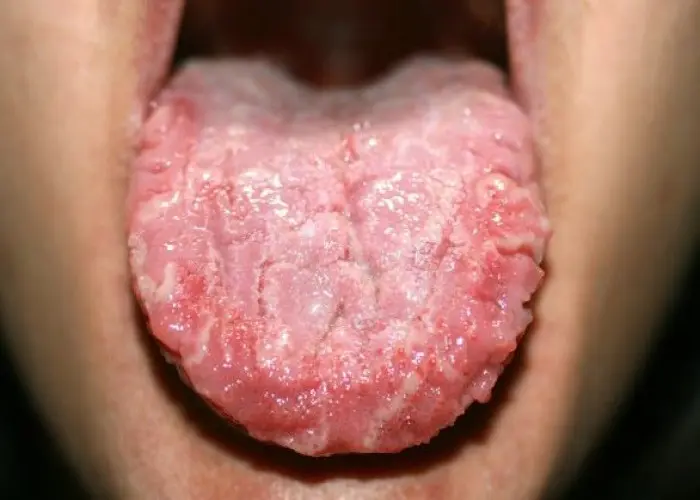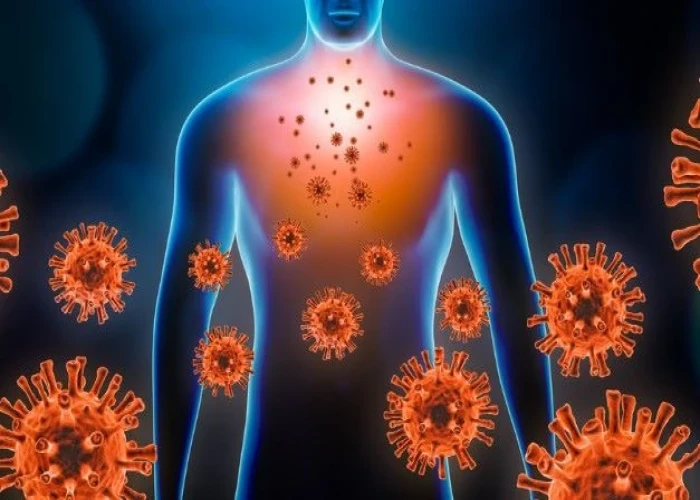 Welcome
Welcome
“May all be happy, may all be healed, may all be at peace and may no one ever suffer."
Helicobacter pylori (H. pylori) infection

Helicobacter pylori (H. pylori) infection is a bacterial infection that affects the stomach and the upper part of the small intestine. It is a common infection that can affect people of all ages, but it is more prevalent in developing countries and in people living in crowded conditions.
Many people who have H. pylori infection do not experience any symptoms, but the infection can cause a range of gastrointestinal symptoms, including abdominal pain, bloating, nausea, vomiting, and loss of appetite. In some cases, H. pylori infection can lead to more serious conditions such as peptic ulcers, gastritis, and stomach cancer.
H. pylori infection can be diagnosed through a variety of tests, including blood tests, breath tests, and stool tests, as well as endoscopy and tissue biopsy. Treatment for H. pylori infection typically involves a combination of antibiotics and acid-suppressing medications, and it is important to complete the full course of treatment to ensure the infection is fully eradicated.
Prevention of H. pylori infection involves practicing good hygiene and avoiding contaminated food and water. People can also reduce their risk of infection by avoiding close contact with people who have active H. pylori infection, and by properly cooking and storing food to prevent contamination. If you are concerned that you may have H. pylori infection or have any symptoms of gastrointestinal problems, it is important to see a healthcare provider for evaluation and treatment.
Research Papers
Disease Signs and Symptoms
- Abdomen pain
- Nausea or vomiting
- Loss of appetite
- Abdomen bloating
- Weight loss
- Difficulty swallowing (dysphagia)
Disease Causes
Helicobacter pylori (H. pylori) infection
The exact way H. pylori infects someone is still unknown. H. pylori bacteria may be passed from person to person through direct contact with saliva, vomit or fecal matter. H. pylori may also be spread through contaminated food or water.
Disease Prevents
Helicobacter pylori (H. pylori) infection
In areas of the world where H. pylori infection and its complications are common, doctors sometimes test healthy people for H. pylori. Whether there is a benefit to testing for H. pylori infection when you have no signs or symptoms of infection is controversial among doctors.
If you're concerned about H. pylori infection or think you may have a high risk of stomach cancer, talk to your doctor. Together you can decide whether you may benefit from H. pylori screening.
Disease Treatments
H. pylori infections are usually treated with at least two different antibiotics at once, to help prevent the bacteria from developing a resistance to one particular antibiotic. Your doctor also will prescribe or recommend an acid-suppressing drug, to help your stomach lining heal.
Drugs that can suppress acid include:
- Proton pump inhibitors (PPIs). These drugs stop acid from being produced in the stomach. Some examples of PPIs are omeprazole (Prilosec), esomeprazole (Nexium), lansoprazole (Prevacid) and pantoprazole (Protonix).
- Histamine (H-2) blockers. These medications block a substance called histamine, which triggers acid production. One example is cimetidine (Tagamet HB).
- Bismuth subsalicylate. More commonly known by the brand name Pepto-Bismol, this drug works by coating the ulcer and protecting it from stomach acid.
Your doctor may recommend that you undergo testing for H. pylori at least four weeks after your treatment. If the tests show the treatment was unsuccessful, you may undergo another round of treatment with a different combination of antibiotic medications.
Disease Diagnoses
Disease Allopathic Generics
Disease Ayurvedic Generics
Disease Homeopathic Generics
Disease yoga
Helicobacter pylori (H. pylori) infection and Learn More about Diseases

Geographic tongue

Exercise headaches

Amyotrophic lateral sclerosis (ALS)

Pneumonitis

Tennis elbow

Jellyfish stings

Arthritis

Pancreatitis
helicobacter pylori infection, h. pylori infection, হেলিকোব্যাক্টর পাইলোরি সংক্রমণ, এইচ. পাইলোরি সংক্রমণ
To be happy, beautiful, healthy, wealthy, hale and long-lived stay with DM3S.
